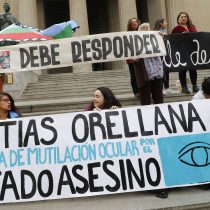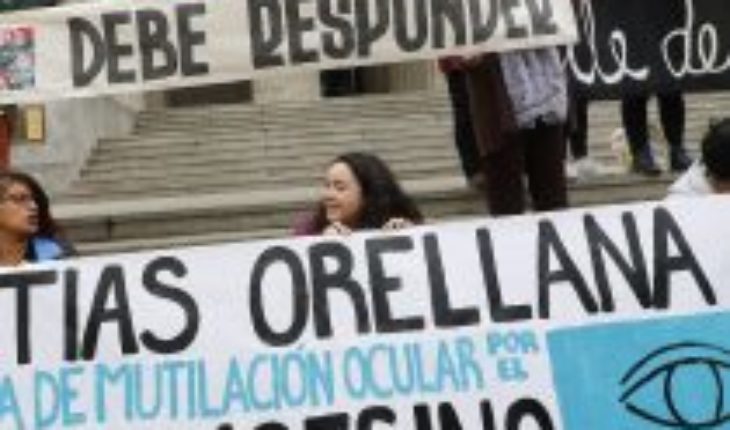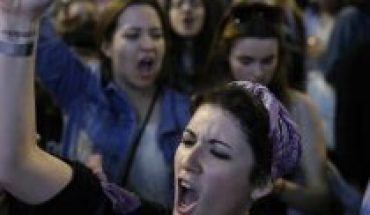
Professor Matías Orellana, who lost an eye on New Year’s Eve during a social protest against the government, on Monday denounced “state terrorism” in his country and lamented that the UN’s attitude so far already been of “complicity” with the authorities.
Speaking to Efe in Madrid, Orellana said she does not trust politicians or Chilean justice and regretted that the UN high commissioner for human rights, former President Michelle Bachelet, had a “pretty distant, quite distant, quite hidden.”
“The role that the UN has played so far through the high commissioner and the special human rights rapporteurs has been complicity,” Orellana said, “and of allowing the Government of Piñera to play in this eagerness of political parties not to break the institutionality that was so hard to have in Chile.”
Orellana is one of more than 400 people who suffered vision loss in one eye or eye injuries due to the effect of riot gear during Chilean protests, according to the National Institute of Human Rights (INDH).
Social outburst and “repression”
Socio-economic protests began four months ago in Chile, with thirty dead and thousands injured in demonstrations continuing and accusations against human rights forces.
According to his account, Orellana lost his eye to a tear bomb that “dropped the carabinieri” while observing (not participating) a demonstration on 1 January in Valparaiso, although the most serious was a skull multifracture, from which he was operated. He filed a court complaint against law enforcement and the authorities.
“I will continue to speak for more reason, now I have a much more personal reason and all my family and friends (…), but we are also afraid because there is persecution,” explained this PE teacher from a school in Viña del Mar.
After being in Geneva, Berlin, London, Brussels and Genoa, he will meet with former judge Baltasar Garzón and left-wing Spanish MEPs.
In Geneva he spoke at the UN Human Rights Council, he said, and will return this week to try to meet Bachelet, something unconfirmed at the moment.
“Repression” and constitutional plebiscite
He explained how the Chilean authorities articulate state bodies – the health system, the judiciary and the police and military system – to “suppress” the population.
For its part, the judicial system “is not investigating cases of human rights violations and is subpoenaing victims without notifying lawyers by formal means.”
Asked by the April 26 constitutional plebiscite about a repeal of the Constitution to replace it with another, which was promoted by Piñera to tackle the crisis, Orellana considered that there is a “strong rejection” by the method.
“Social groups and associations have had neither a say nor a vote in this process and are being carried by the political parties themselves,” he says.





